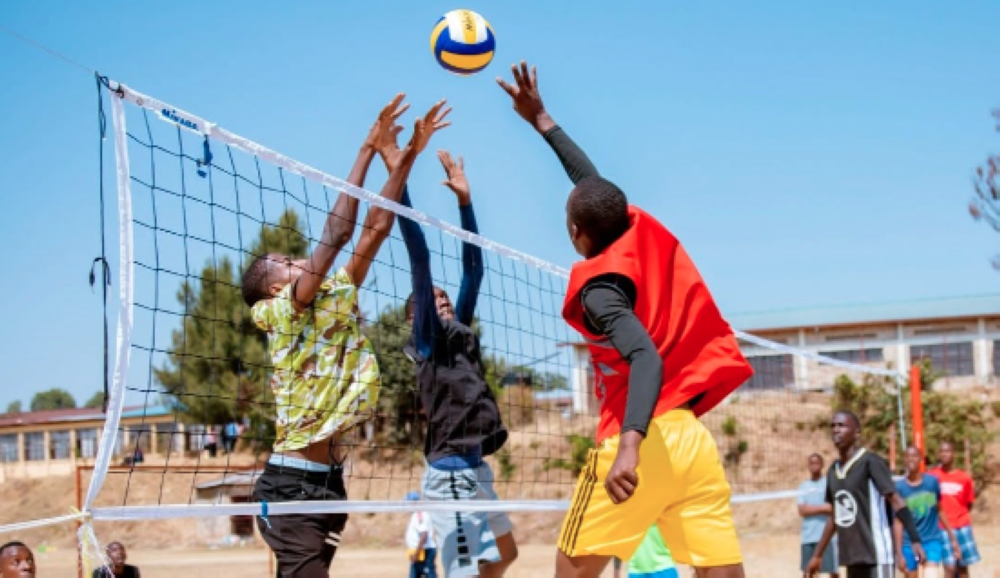Every once in awhile, donor nations remind recipient nations of the exact nature of their relationship. A relationship that could be loosely based on the English saying, ‘he who pays the piper, calls the tune’. A UN report accusing Rwanda of supporting mutinying soldiers in eastern Congo has caused some erstwhile friends of Rwanda to cut or suspend support to the country.


Every once in awhile, donor nations remind recipient nations of the exact nature of their relationship. A relationship that could be loosely based on the English saying, ‘he who pays the piper, calls the tune’. A UN report accusing Rwanda of supporting mutinying soldiers in eastern Congo has caused some erstwhile friends of Rwanda to cut or suspend support to the country. By now most readers may have heard of an ‘interim’ UN Report by a group of experts [they like to go by the acronym GoE]. An addendum to this report came out strongly accusing Rwanda of support for Congolese mutinying soldiers. Rwanda’s government rebutted the accusations last week but it remains to be seen whether this will sway the international media, human rights organisations and development partners [the politically correct name for donors]. Sensational accusations are easy to make and stick longer than a methodical rebuttal. Still, it’s a bit surprising that so many have been taken in by a document whose entire evidence is based on unnamed RDF defectors, captured M23 soldiers and Congolese soldiers – in short the very sort of people, their anonymity and lack of detailed stories notwithstanding, who would have an interest in peddling fantastic tales. The piece de resistance of the annex are a bunch of photographs showing boot prints, an AK-47 and assorted ammunition. As the world’s most popular firearm, the AK-47 is used by nearly every African army and rebel group, you might as well point out a bottle of coca cola as proof of the allegations made. Reading through the annex to the GoE report, memories of the infamous Brugiere indictments came to mind. The truth will emerge one day but by then the accusations will have taken their toll. Aid will be cut, reputations damaged, maybe Security Council seat lost, innocent lives taken [the inflammatory rhetoric against Rwandans and Kinyarwanda speaking Congolese is frightening to listen to] and most likely the problems in the East of Congo will have become even harder to solve. Only the Congolese government, who gets to play the innocent victim as it gets other actors to do its job, and MONUSCO that gets an extension of its mandate [with associated funding], will have benefited. Locally, the Rwanda Utilities Regulatory Agency [RURA] decided that in order to generate statistics on incoming international calls, it would put a fee on any roaming clients of local mobile telecommunications operators as well as any user of roaming services from a foreign operator while the user was in Rwanda. The news reports indicated that this charge would amount to Rwf130 per minute. RURA is supposed to ensure cheap and reliable provision of utilities such as telecommunications but with this latest decision it seems to be saying that a call will only be cheap if it’s a local call on a local operator. Such a restrictive point of view on its mandate effectively chills communications with those beyond our borders at a time when Rwanda is emphasiSing integration with East Africa. RURA is the only regulatory agency in the region to levy such a fee, I would argue that it makes the country a less competitive destination for business in the region. On top of language barriers [English and Swahili are not yet widely spoken], skills gaps, high cost of energy and strict environmental regulation [the emissions rules are really unnecessary, not to mention the draconian enforcement], one can now add high communications costs if calling out of the country. Once upon a time, talk used to be cheap.




